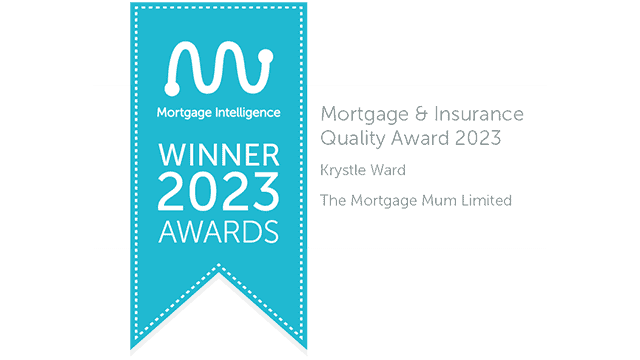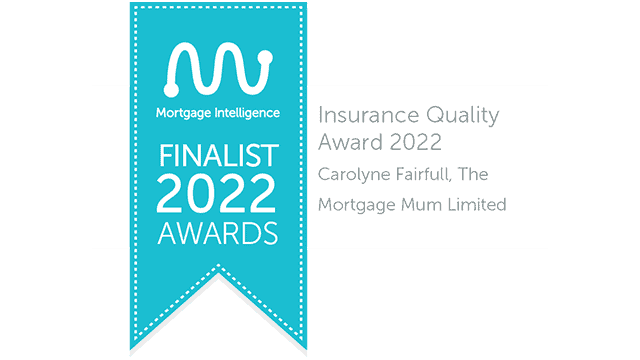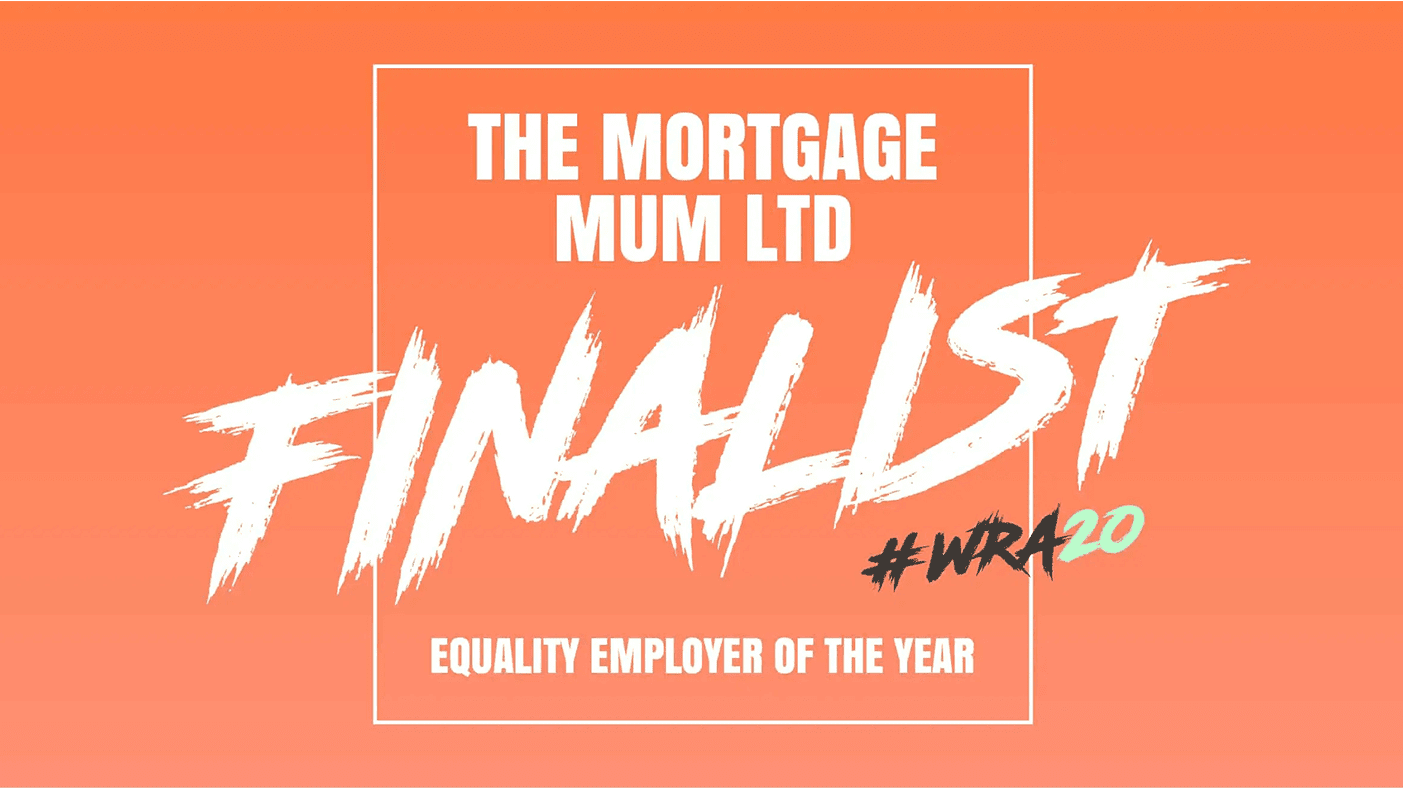Contractor Mortgages
- Multi- Award winning team
- Wide range of lenders
- Bespoke service, tailored to you
- Available at all hours, including after bath time!
Get in touch for an initial free, no obligation chat with an advisor about how we might be able to help.

Home » Contractor Mortgages
Mortgages for Contractors
Sarah Tucker talks all about the mortgage process for contractors.
Today we’re going to be talking to those of you who are contractors about how to get a mortgage, how much you can borrow, how we assess your income, and what to do if you’re wondering whether to go and become a contractor in the next few months.
It can be a great career path with flexibility and independence, but it does give you a bit of uncertainty.
Can I get a mortgage as a contractor?
Yes – and there are many different ways of doing it, so you need a broker who knows how to get the most from your income and present you to a lender in the best possible way. It’s not a one size fits all, as we will see.
How do mortgages work for contractors on the Construction Industry Scheme (CIS)?
There’s a big category of CIS contractors, who obviously work in the construction industry, and run their own company, but they’re paid by the companies that they contract for.
Generally they contract for one company for long periods of time. The key is whether or not the tax is deductible on the invoices – often it is. The client pays an invoice, takes off the tax and pays them a net figure into their bank account, often weekly.
CIS contractors come to me presuming they are self-employed. And it feels good to tell them that they are classed as employed with some lenders. It means they get a much better affordability assessment than if they were classed as just self-employed.
Generally, we like to see 12 months worth of payslips or invoices and bank statements so that we can cross-reference them. From there, we’ll create an annual income. Of course, you do take holiday as a contractor, and you’re not expected by lenders to work all the weeks of the year.
If you don’t have a full year’s worth, depending on the lender, we can look at six months. Each lender has a different requirement. If you are a construction industry scheme contractor, make sure you’re dealing with a broker that has experience with CIS contractors so they can get you the right mortgage.
How do lenders treat other types of contractors?
For those of you not in the construction industry scheme, you are generally going to be operating your contracting as a sole trader or you’ll have a limited company. I’ve done a whole episode for the self-employed, explaining how we assess your income. But I’m going to touch on it very briefly.
If you have a limited company, generally mortgage lenders are looking at your salary and dividends over an average of two years. We will look at your accountant’s documents for those – your SA302, your tax year overviews and your tax year calculations.
If your net profit is higher than the salary and dividends, some mortgage lenders will actually take your net profit into account, which can be a lot better for your mortgage application.
If you’re a sole trader, it’s very similar. It’s best if you have two years’ accounts, although we can work with one. Again we will average the income. If your latest year is lower, we’ll just use that figure.
Speak to an expert
We will work at times that suit you and your family, carrying out appointments via video call, telephone or email, giving you the benefit of first class service, around your own schedule, and in the comfort of your own home. So let us handle your mortgage today and find out how well we can look after you, The Mortgage Mum way!
Can I be assessed on my contractor day rate?
Yes, not everyone knows this and it can be great for a contractor. We can calculate your income based on your day rate. I’ll talk through that calculation so that you can see what your income would be with a mortgage lender that does it this way.
We take your day rate, and multiply it by the days that you work in a week. If your day rate is £400 and you work four days a week, for example, your average weekly income would be £1,600.
We then multiply that, generally, by 46 or 48 weeks. That factors in any gaps between contracts and any holidays you might have. Most lenders do it by 46 or 48.
As a broker, we work out which lenders are going to give you the most value for your day rate. So if they calculate it on 48 weeks, that would then be £1,600 times 48 – so your annual income for a mortgage application is £76,800.
This approach can be really helpful, especially if you’ve recently left full-time employment and don’t have an established track record or one or two years’ worth of accounts.
But the lender will want to see evidence that you are going to succeed as a contractor. They will ask about previous experience in a similar role, in a similar environment. They want to see that you’ve done it before, you’ve stuck it out and you’re successful.
Every lender has different requirements for contractors and they take lots of things into account. But generally, that day rate calculator can prove really beneficial for contractor applications.
What are the main factors of getting a mortgage as a contractor?
As a contractor, it’s all about being organised. It’s about having those conversations with a broker that you know, like and trust, that has experience of contractor mortgages and knows how to get the most from your application.
But if you’re thinking about entering the world of contracting, don’t let it put you off. You can definitely get a mortgage. It’s just about finding the right provider for you.
It definitely strengthens your application if you’ve got fixed contract terms in place, so you know you’re going to be contracting for six months or twelve months. That often helps, but of course it’s not always possible.
Lenders know that you are sometimes in between contracts, and that’s when that daily rate contract can be a great thing. Often, lenders will go up to 4.5 to five times your income.
If you had a £500 day rate, for example, and you worked five days a week, that would be £2,500 a week. Multiply that by 46, and that’s going to give you a gross salary of £115,000. Then, if a bank is willing to go to five times your income, you could get a mortgage of £575,000.
What paperwork will I need for a contractor mortgage?
It depends where you are and what contracts you have in place. If you are a CIS contractor, we’re going to be looking for more bank statements and invoices than normal. Usually, it’s only three months’ worth. We need a year’s worth to get a full picture.
Otherwise, we’re looking for two years’ accounts and if you’re looking for a day rate deal, a copy of your last contract confirming your contract rate. Then we can see how long is left on that contract. We also need any potential contracts you have coming up.
What advice would you have for someone thinking about becoming a contractor?
I hope this helps you and encourages you, because people can be quick to be negative and give you doubt. It’s really brave to start your own business of any kind. If you are great at what you do and there’s an opportunity for you to contract doing the same thing, you often find that you can earn so much more money by contracting – and you have more control.
I’m a huge fan of ambition, and you shouldn’t let fear and doubt stop you. If you have a gut feeling that you could contract, don’t let the fear of not getting a mortgage put you off. You just need a good mortgage broker.
What tips do you have for a contractor who will be looking for a mortgage or remortgage soon?
If you are thinking of applying for a mortgage soon as a contractor, try and limit the breaks between contracts, because lenders will be wary of those. They will be more wary if they see you out of work for more than eight weeks in a twelve month period.
It’s also really important to check your credit score. We’ve covered bad credit within our podcast series and there’s some information there about how to find out your credit score.
You can get a free credit report through Check My File, and that’s free for 30 days on a trial basis. So I would encourage you to get up to date and make sure your credit report is good.
Also, when you’re working with your accountant, think about that mortgage application coming up. Depending on how your income is assessed, make sure you assess the expenses and operating costs, because while those are good for helping you with tax savings, it’s not so good when using your income for a mortgage.
Remember, a lender is always looking at the security angle. With a contractor, there is more risk because your income is not set in stone. Any evidence that you’re going to have work and have steady earnings is going to help your mortgage application.
If you’ve got any questions, get in touch and we’ll be more than happy to help. We’ve all got experience in Contractor Mortgages – we know just how to look after you.
A mortgage for a contractor is exactly the same product. It’s just how we present your income that’s different. But that’s our job. Your job is to find the broker. Our job is to take care of the rest.
Your home may be repossessed if you do not keep up with your mortgage repayments.


































































